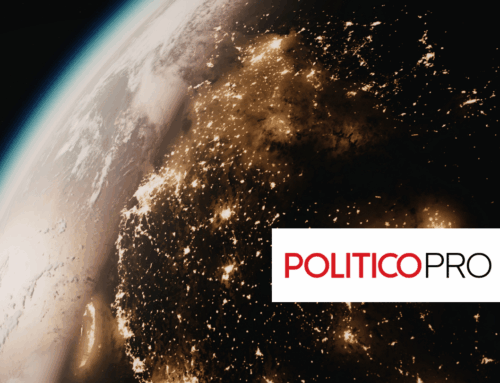This article by Christopher A. Preble was published on the Cato at Library Blog (Cato Institute) on March 11, 2019
The White House unveiled its proposed budget for Fiscal Year 2020 and, to the apparent surprise of some military planners, the White House is calling for a top line national defense budget of $750 billion. Pentagon officials had reportedly anticipated a budget of $733 billion, which would have been a 2.4 percent increase over last year’s. They got a 4.7 percent increase instead. According to the supporting documentation, the request is intended to provide the Department of Defense with the resources to “remain the preeminent military power in the world, ensure balances of power in key regions remain in America’s favor, and advance an international order that is the most conducive to U.S. security and prosperity.”
The United States spends more than twice as much on its military as China and Russia combined, and is clearly the world’s “preeminent military power,” but it isn’t obvious that we’re getting the biggest bang for our bucks, nor that this additional spending will be critical to sustaining our edge. More to the point, even with all this “preeminence,” the U.S. military has struggled to bring current conflicts to a satisfactory end. As noted in 2016 by Admiral Mike Mullen, the former chairman of the Joint Chiefs of Staff, “We’re 0 for a lot.” Military historian Andrew Bacevichsimilarly concludes “having been ‘at war’ for virtually the entire twenty-first century, the United States military is still looking for its first win.” (h/t Steve Walt)
Perhaps it’s not the military’s fault? And perhaps it’s not due to a shortage of funds? I think that the real culprit is that U.S. officials continue to expect the military to solve a host of problems that could be better addressed by other means, or left to be dealt with by other countries.
President Donald Trump has at times shown his frustration, but the reality of his budgets speaks louder than his words. This latest increase comes after he had gone back and forth on what he wanted to spend, initially telling all departments to prepare for a 5 percent cut, then back-tracking and saying the defense budget would not only be exempt from such reductions, but would actually increase. On another occasion, he blurted out on Twitter that it was “crazy” to spend $716 billion on the military, but then reversed himself a week later.
While $750 billion already represents a large increase in the budget, the most notable growth comes from within that request. The White House has asked that $165 billion come from Overseas Contingency Operations (OCO). Last year, OCO received $69 billion. While originally intended as a way to fund the supposedly unexpected costs of the wars in Iraq and Afghanistan, OCO has become a sort of “slush fund” for the Pentagon to avoid the budget caps put in place by the Budget Control Act (BCA). As my former Cato colleague Caroline Dorminey points out, $750 billion is an “astronomical increase” and well above the BCA cap of $576 billion. Taxpayers for Common Senseobserves that OCO’s funding level would make it the second largest government agency, in terms of discretionary spending – behind the Pentagon, of course.
For a person who was elected to the presidency by railing against the foreign policy establishment, proclaiming America’s overly militarized foreign policy a “complete and total disaster,” and, most recently, declaring in his State of the Union address that “great nations do not fight endless wars,” President Trump has once again funded a military geared toward perpetuating the status quo, and remaining embroiled in the endless wars that he’s promised to quit.
I expect that House Democrats, beginning with House Armed Services Committee Chair Adam Smith (D-WA), will cast a skeptical eye toward the administration’s request. I also hope, however, that all Americans will dare ask how all this spending actually makes us safer, and ponder why the many other instruments of American power and influence – including diplomacy (Trump’s budget calls for cutting the State Department by 23 percent), trade, and voluntary cultural exchange – continue to get short shrift from this administration.










